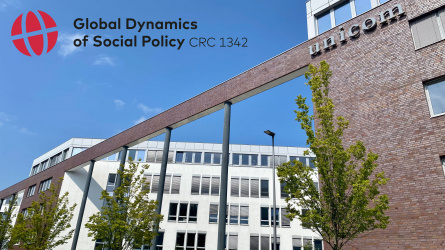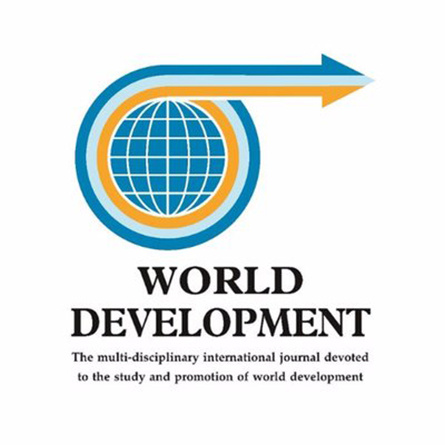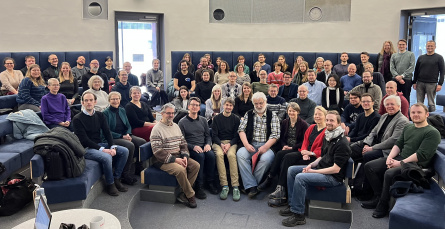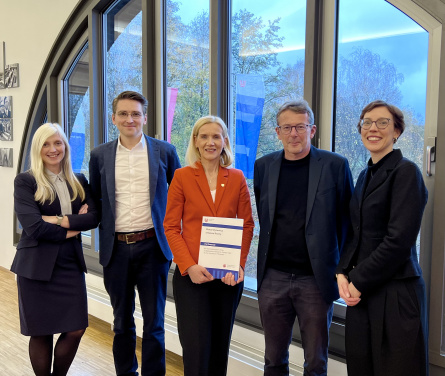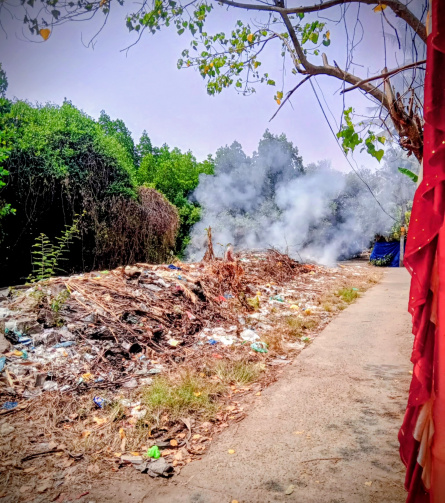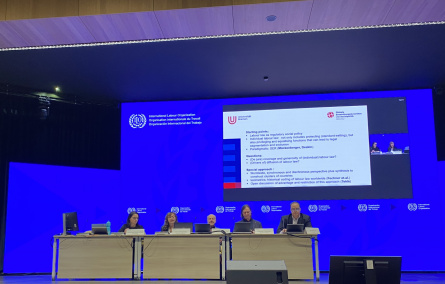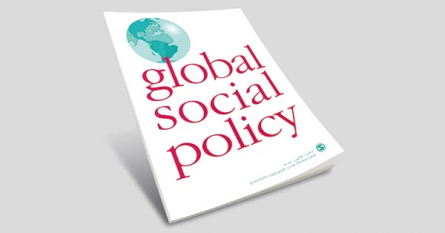Pressemitteilung (21.11.2025)Die Deutsche Forschungsgemeinschaft (DFG) fördert den Sonderforschungsbereich 1342 "Globale Entwicklungsdynamiken von Sozialpolitik" in einer dritten Phase für weitere vier Jahre bis Ende 2029. Insgesamt stehen über neun Millionen Euro zur Verfügung, um die zwölfjährige Forschungsagenda erfolgreich abzuschließen.
Der Bewilligungsausschuss für Sonderforschungsbereiche der Deutschen Forschungsgemeinschaft hat am 21. November 2025 bekannt gegeben, den SFB 1342 für weitere vier Jahre mit über neun Millionen Euro zu fördern. Die dritte Förderphase beginnt am 1. Januar 2026.
"Wir freuen uns sehr über diesen großen Erfolg unserer Universität und ihrer Partnerinstitutionen", sagt Prof. Dr. Jutta Günther, Rektorin der Universität Bremen. "Der SFB 1342 hat sich in den vergangenen acht Jahren zu einer renommierten Institution etabliert, die nun weitere vier Jahre einen wichtigen Beitrag in ihrem interdisziplinären Forschungsfeld leisten kann."
Sonderforschungsbereiche gehören zu den größten und bedeutendsten Forschungsverbünden, welche die DFG fördert. Am SFB 1342, der seine Arbeit 2018 aufgenommen hat, sind neben dem SOCIUM als Ankerinstitut weitere Forschungsinstitute und -einrichtungen der Universität Bremen, der Constructor University Bremen, der Universität Bielefeld, der Universität Marburg, der Universität Bamberg, der Universität Mannheim und der Universität Duisburg-Essen beteiligt. Darüber hinaus zählen auch mehrere außeruniversitäre Forschungseinrichtungen wie etwa die Forschungsstelle Osteuropa und das Deutsche Zentrum für Integrations- und Migrationsforschung (DeZIM) dazu.
In zukünftig 13 Teilprojekten erforschen rund 80 Wissenschaftler*innen aus Politikwissenschaft, Soziologie, Geschichte, Geographie, Rechtswissenschaft und Informatik die weltweite Wirksamkeit staatlich verantworteter Sozialpolitik. Aus den zwei Förderphasen sind bislang hunderte Veröffentlichungen in internationalen Fachzeitschriften mit Begutachtungsverfahren, in Form von Monographien, in Sammelbänden und Policy-Briefs entstanden.
In zwei Projektbereichen wird in der ab Januar 2026 beginnenden dritten Phase der Frage nachgegangen, wie Sozialprogramme zur Verbesserung sozialer Lebensbedingungen beitragen und politische Integration fördern. Im Bereich A untersuchen sechs Teilprojekte, wie sich Sozialpolitik weltweit auf soziale und politische Strukturen auswirkt. Im Bereich B analysieren sechs weitere Teilprojekte die gesellschaftlichen und politischen Folgen sozialpolitischer Maßnahmen in ausgewählten Ländern und Weltregionen. Im Informationsinfrastruktur-Projekt (INF) wird das Global Welfare State Information System (WeSIS) weiter ausgebaut. Das webbasierte, interaktive System ging bereits in der zweiten Förderphase online und steht seither Forschenden und der Öffentlichkeit kostenfrei zur Verfügung.
Fragen beantwortet:
Prof. Dr. Markus Tepe
Universität Bremen
SOCIUM Forschungszentrum Ungleichheit und Sozialpolitik
Telefon: +49 421 218-58520
E-Mail: markus.tepe@uni-bremen.de
Kontakt:Dr. Maximilian HohmannSFB 1342: Globale Entwicklungsdynamiken von Sozialpolitik
Mary-Somerville-Straße 3
28359 Bremen
Tel.: +49 421 218-57058
E-Mail:
hohmann@uni-bremen.de
